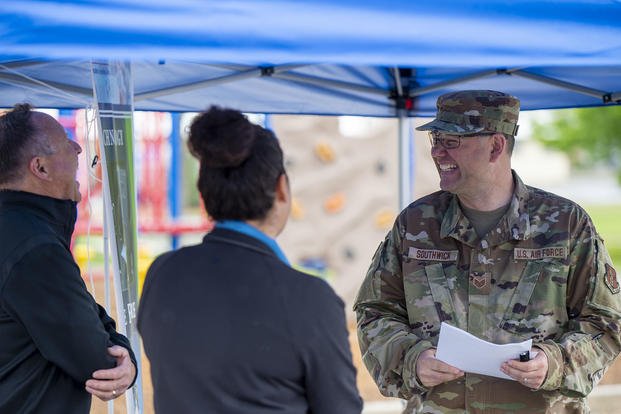John Sahlin is a Naval Academy graduate who has been working in the civilian workforce for about four years. When asked about his experiences with headhunters, this is what he said.
I have been out for about four years now, and I have had both good and bad experiences with recruiters and executive search firms of all types. I am currently at USinternetworking, an application service provider based in Annapolis, Maryland. My most recent assignment was a one-year stint in Silicon Valley, California, as the director of the western region for our e-commerce business unit.
I am telling you this to show that I have worked with recruiters both to try to get jobs when I first got out, but also to try to hire quality people across the country. Here are my comments. You can take them for what they're worth, but they are my opinions, not a definitive source.
1. Lots of Good Jobs Are Definitely Out There
Your best chance of getting a good position is to get a direct line into the hiring manager, not going through the human resources department. This is especially true of junior military officers getting out for the first time.
JMO's usually don't have directly transferable skills for many positions, or they aren't civilian life-savvy enough to tailor their resumes to use the right keywords. As an example, my company processes roughly 250 resumes per week from our website. The hiring managers give HR a list of skills to search for.
If your resume doesn't say e-commerce, BroadVision, Siteserver, JavaScript or some similar keyword, your resume will never make it to my desk -- even though I would hire many of you in a second.
Often, a good recruiter is the only way to get that direct access to the hiring managers. Other good ways are to skulk around the alumni sites, the Service Academy Business Resource Directory (SABRD), job fairs and alumni chapter meetings. Getting direct access to the hiring manager is the key to getting a great position.
2. Recruiters Are Paid by the Company that Hires You
In general, they charge 10%-30% of the first-year salary to the company. They work for you, but in truth, they really work for their clients.
This is very similar to the detailer process in that they have positions to fill and will try to get you in the position that best suits their open requirements and your skills.
3. Recruiting Is a Business
It is also one that is based on relationship management, not cramming volume into a funnel. The recruiter has two extremely important relationships to maintain -- with their client (the company) and with you. Hiring a team is extremely stressful, and a good recruiter is a godsend to a manager.
A top-notch recruiter can make a good living with one major account, based on maintaining a good relationship and providing high-quality people to fill the billets. In addition, if they do right by you, two things can happen: a) You can be a repeat candidate, or preferably b) You rise to management ranks and use them to place more JMO's to your group.
The bottom line is, there are good recruiters and bad recruiters. Unfortunately, there are very few groups that I could point to and say that, as a whole, are good or bad. It is basically dependent on the individual you're working with.
How do you know if you are working with a good recruiter? Interview them: Find one who is interested in fostering a relationship with you. It is a good sign if the recruiter is asking you several questions about your skills and, more importantly, your goals before they start dropping company names.
If you hear several client names in the first two minutes of the conversation, be careful. This recruiter probably has a few open requirements that need to be filled ("Yeah, and the minesweeper out of Texas is going to be great for your career -- no, really").
Recruiters are one source; make sure you use all sources available to you, including job sites, alumni pages, chapter meetings, etc. But remember, your best chances are always if you can talk directly to a hiring manager.
Getting your first job out of the military is scary, and it can really drive where your career goes and how quickly, so getting the right position for you is key to your success in the civilian world.
For the record, when I was looking for a job, I used a nationwide agency and a smaller agency that specialized in the mid-Atlantic region. I had lots of interviews and a few offers, but didn't accept any of them. Instead, I found a terrific position at a small consulting firm in Annapolis, then hopped over to USi two years ago. I've had a great ride, but I didn't use recruiters to actually get a job.
I have used recruiters extensively to hire teams rapidly; some were great, and some I'll never call back on a bet.
Find the Right Veteran Job
Whether you want to polish your resume, find veteran job fairs in your area or connect with employers looking to hire veterans, Military.com can help. Sign up for a free Military.com membership to have job postings, guides and advice, and more delivered directly to your inbox.











